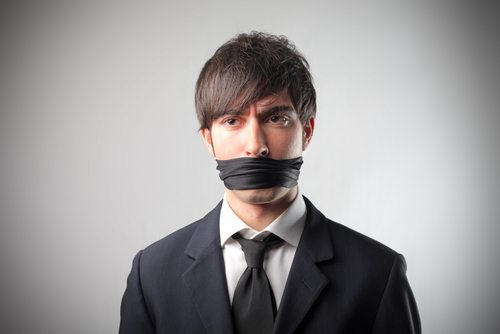

Google has issued its latest transparency report, showing a stark rise in government removal requests and highlighting greater efforts to censor content on the Internet.
Between July and December last year, there were 2,285 government requests to remove 24,179 pieces of content, up from 1,811 requests in the first half of 2012. Many of those requests were to remove political content.
There was a sharp increase of requests in Brazil, largely inspired by the municipal elections of last autumn, and Russia, where a change in the law let authorities blacklist certain kinds of websites without a trial.
The tech titan revealed it had inquiries from 20 countries regarding YouTube videos containing clips of the movie “Innocence of Muslims”, which caused such a furore in Middle Eastern countries, and was a contributing factor in the death of US ambassador to Libya, Christopher Stevens.
In the UK, which saw its biggest ever number of takedown requests, Google noted three cases. In two cases, law enforcement asked for YouTube clips to be removed, both of which the tech titan denied.
One of the videos allegedly defamed a local agency by artificially portraying an employee in a racist uniform, Google reported. The other was critical of police practices.
Google was also asked to remove a blog post by an MP, which suggested he advised businesses while serving in government. The complaint was passed on to the blogger and the content came down, although Google did not remove the country.
Overall UK law enforcement made 67 requests for content to be removed, whilst there were 36 court orders requiring Google to take down content, in the second half of 2012. Most of the court orders were to do with defamation cases.
Most takedown requests in the UK were for YouTube content, but Blogger and Images received much attention too.
Are you a pedant on privacy? Try our quiz!
American space agency prepares for testing of Boeing's Starliner, to ensure it has two space…
As UK and Europe develop closer military ties, European Commission says it will invest €1.3…
Zuckerberg seeks to revive Facebook's original spirit, as Meta launches Facebook Friends tab, so users…
Notable development for Meta, after appeal against 2021 WhatsApp privacy fine is backed by advisor…
First sign of shake-up under new CEO Lip-Bu Tan? Three Intel board members confirm they…
Trump's nominee for SEC Chairman, Paul Atkins, has pledged a “rational, coherent, and principled approach”…